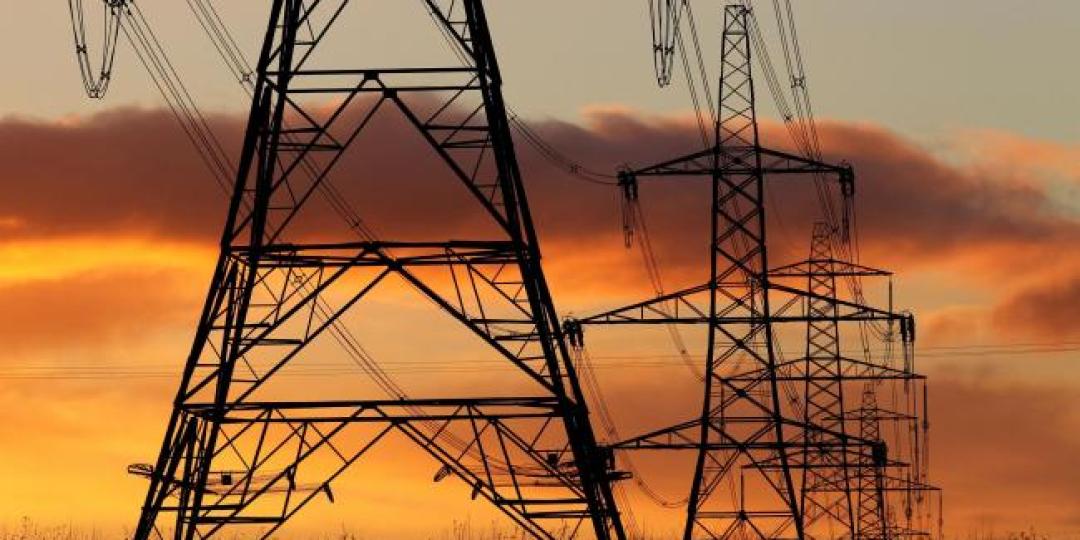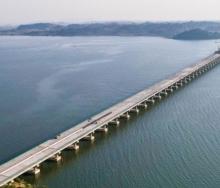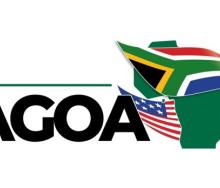The Organisation Undoing Tax Abuse (Outa) has issued a scathing attack on Eskom and the years of mismanagement during state capture as South African electricity consumers prepare for a whopping increase in their electricity bills.
“We will again pay for the ineptitude by the energy regulator through the extra R6.037bn to be added to electricity prices,” says Liz McDaid, Outa’s energy project manager.
Consumers must now wait to find out when this will be loaded onto the Eskom prices. The already approved increase was 8.12%; Nersa says if the new award is loaded onto one year's prices from April, the total price increase will be 10.95%, or if it runs over the next two years it will be an increase of 9.53% in April.
Nersa granted Eskom extra revenue in four decisions announced on Thursday: R4.749bn in total for clawbacks for the three years 2014/15 to 2016/17, plus R1.288bn in a clawback for 2018/19. According to Outa, Nersa failed to produce reasons for these decisions or clear implementation plans, but said the plans would be developed during February. This would be in time for an April increase.
“Eskom still does not get the prices it wants, but consumers are already unable to cope. Instead of a predictable price path, Eskom and Nersa are stuck in a pattern of constantly rewriting the prices, now with intervention by the courts.”
But Outa says the real hit is still to come - the decision on how to claw back the R69bn bailout (R23bn a year for 2019/20, 2020/21 and 2021/22) which the Pretoria High Court ruled in July 2020 that Nersa had illegally removed from the electricity price. “This depends on the outcome of a court hearing on Eskom's pending application for R23bn of this to be recovered from April 1, pending the outcome of Nersa’s appeal against the earlier judgement allowing Eskom to recover the R69bn over three years,” the organisation explains.
Eskom price increases will come into effect in April, but municipal customers will only feel the blow in July when municipal tariff increases are applied on top of the Eskom increases.
“These price increases are distressing and take electricity further out of reach of households and businesses in a time of economic disaster, but are unavoidable in light of last year’s court judgements,” says McDaid. “The judgements highlighted Nersa’s ineptitude at overseeing the pricing process and, while Nersa had attempted to protect consumers, the judgements show its operations need urgent attention. Nersa’s processes also need an overhaul in terms of how it interacts with the public. In order to arrive at its decisions, Nersa must have rational reasons. It is incomprehensible that such reasons are not revealed at the time of delivering the decision,” she adds. “Nersa must only approve prudent expenditure but it is impossible to assess the rationality of any Nersa decision making without access to its reasons. Waiting for reasons further delays any action that civil society might want to take to oppose or review its decisions.”













